- Credit Card debt hit a record-breaking $1 trillion
- High interest rates, increasing delinquencies and 401(k) hardship withdrawals signal a growing crisis
- Experts advise moving into secure long-term assets like physical precious metals
Credit Card Debt Hits Record Level
For the first time ever, American credit card debt has skyrocketed to a record-breaking $1 trillion. This alarming milestone sheds light on the increasing reliance on credit cards during these economically challenging times. Amidst rising living costs, credit cards have become lifelines for covering essential necessities such as food and fuel. The mounting debt has consequences for individuals and the country.
During the second quarter, credit card balances surged by a staggering $45 billion. They contributed to an overall household debt increase of $2.9 trillion since 2019. How consumers are managing debt is changing. A Bankrate.com analysis indicated that nearly 50% of individuals now carry debt from one month to the next. That marks a 39% increase from a year ago. The shift is tied to the surging cost of living. Credit cards are increasingly relied upon as a financial safety net.1
 2
2
This surge in debt is occurring s as interest rates reach a 22-year high. The average credit card is now charging an interest rate of over 20%. This figure marks a new record, surpassing the previous high of 19% set in 1991. Credit Karma has seen credit scores fall by an average of 13 points since the Fed started raising interest rates.3
Matt Schulz is the chief credit analyst for LendingTree. He emphasized the gravity of the situation. He said, “One trillion dollars in credit card debt is staggering. Unfortunately, it’s only going to go up from here. What’s driving it is inflation, higher interest rates and just generally how expensive life is in 2023.”4
As the cost of living continues to rise, Bank of America is reporting a surge in hardship withdrawals from their 401(k) accounts. They reflect the growing financial distress faced by individuals. This trend raises concerns about the sustainability of household financial situations. Schulz said, “There’s also only so much hard debt that people can handle before delinquencies really spike.”5
The latest New York Fed report highlights that new delinquencies are climbing after a period of historic lows. Credit card delinquencies have reached levels not seen since the first quarter of 2012.
The resumption of student loan payments is expected to add to the stress. A New York Fed research group wrote “rising balances may present challenges for some borrowers, and the resumption of student loan payments this fall may add additional financial strain for many student loan borrowers.”6

Impact of Credit Card Debt
While interest rates have reached unprecedented highs, it appears that more debt is languishing unpaid for months on end. As a result, personal debt is growing exponentially. It becomes harder and harder to pay off. Americans are becoming trapped in everyday debt with limited relief in sight. The rise in debt coincides with dwindling savings and the depletion of pandemic-era financial cushions. Cash balances in checking and savings accounts among around 9 million Chase customers have hit their lowest levels since April 2020.7
Economists anticipate a cutback in consumer spending as debt mounts. This can hasten the onset of a recession since 70% of the economy depends on consumer spending.
Influential figures like Elon Musk have voiced their concerns. Musk notes, “For a lot of people, they’re just really breaking even every month. In fact, if you look at the rise in credit card debt, they are, in fact, not breaking even every month, like credit card debt is — is looking kind of scary.”8
With credit card debt reaching unprecedented levels, surging interest rates, and depleting savings, the financial strain is evident across the board. This surge in debt unfolds amidst an ongoing banking crisis. The potential for massive defaults could further disrupt bank stability. The need for a balanced portfolio is becoming vital in these uncertain times. As individuals seek ways to preserve their wealth, many are turning to gold as a means of safeguarding their financial security. A Gold IRA can protect your funds from the nation’s growing debt crisis. Contact American Hartford Gold today at 800-462-0071 to learn more.

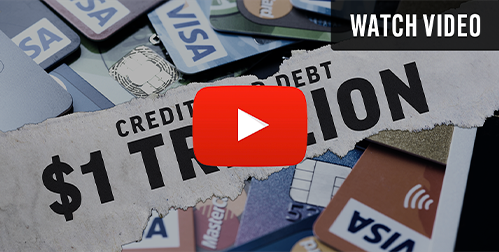
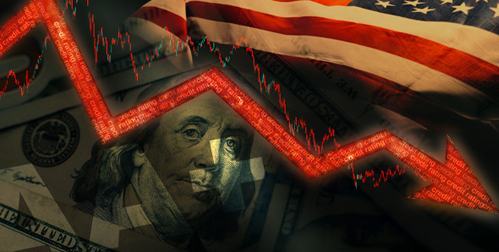

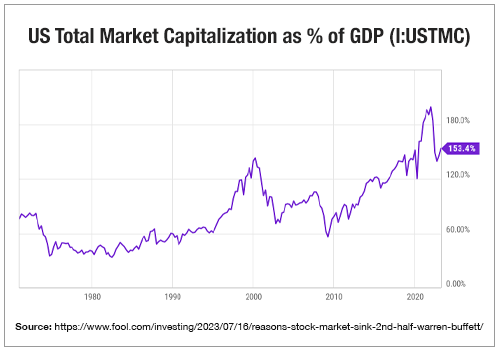 2
2

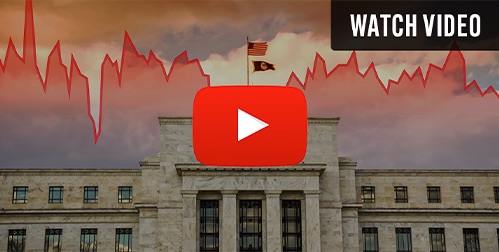
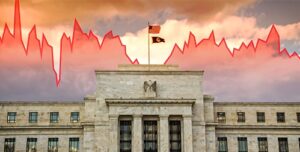
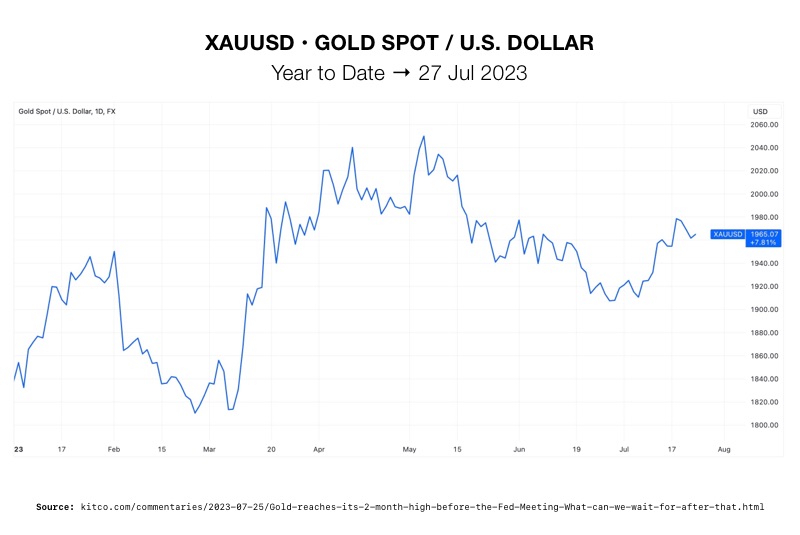 7
7
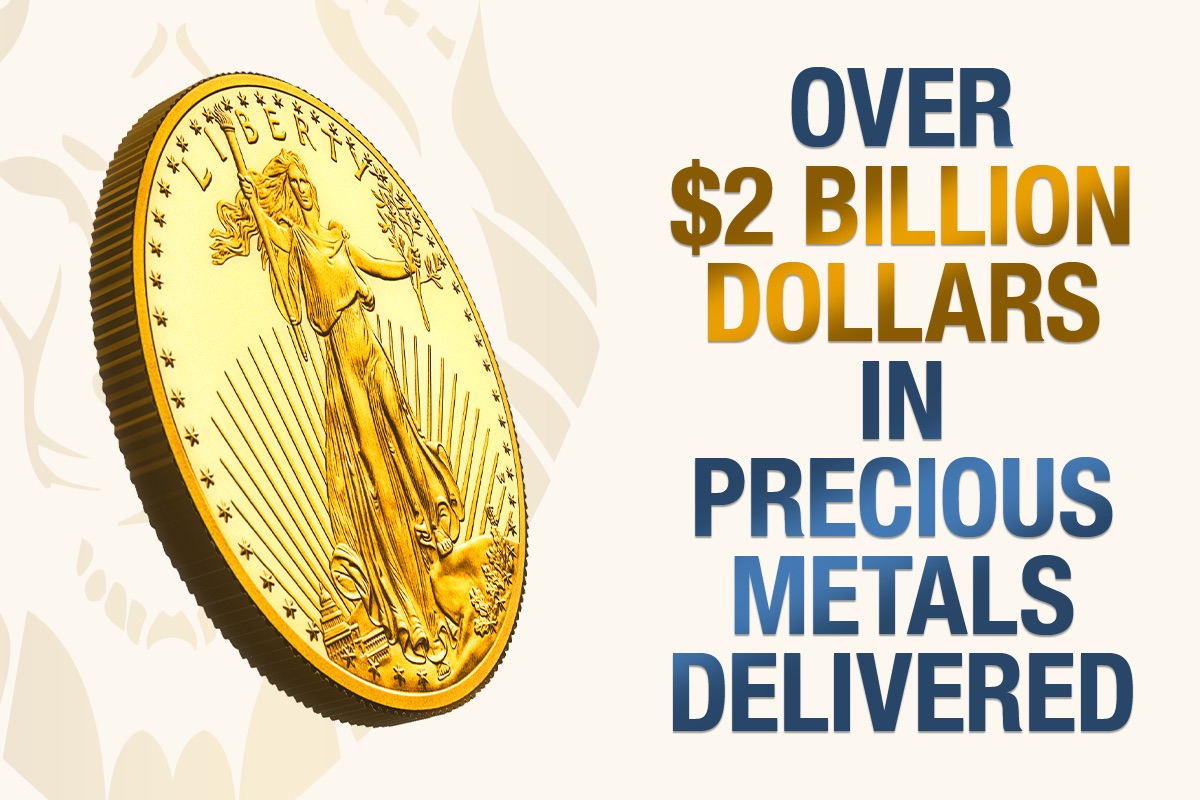
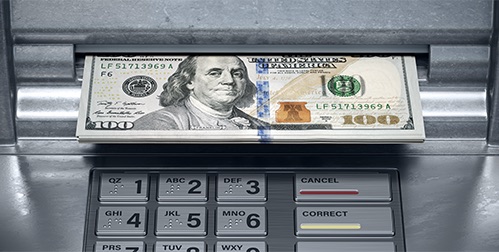

 3
3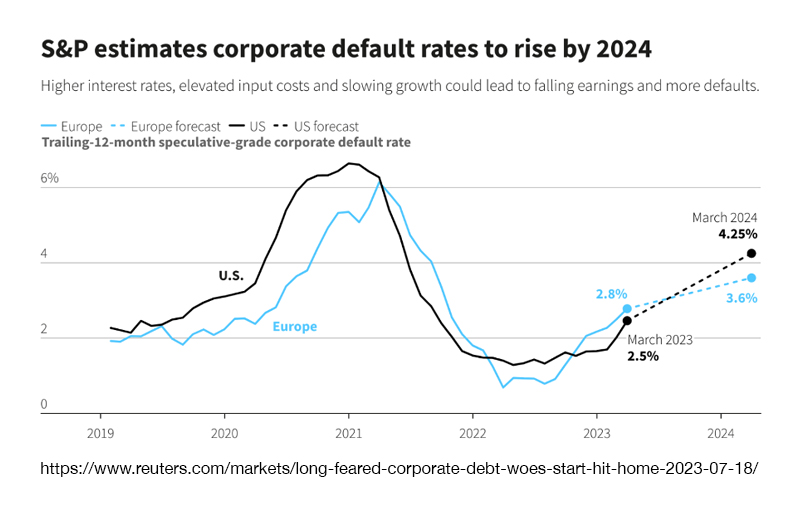 3
3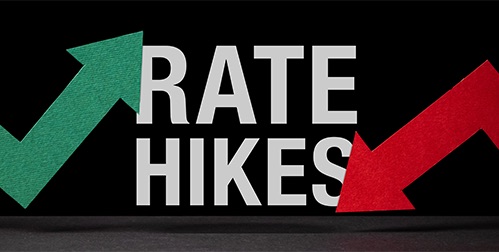

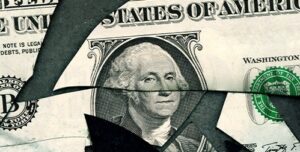
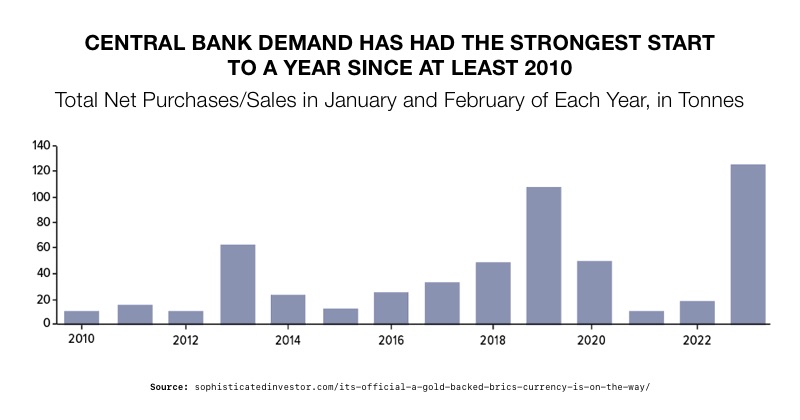 3
3